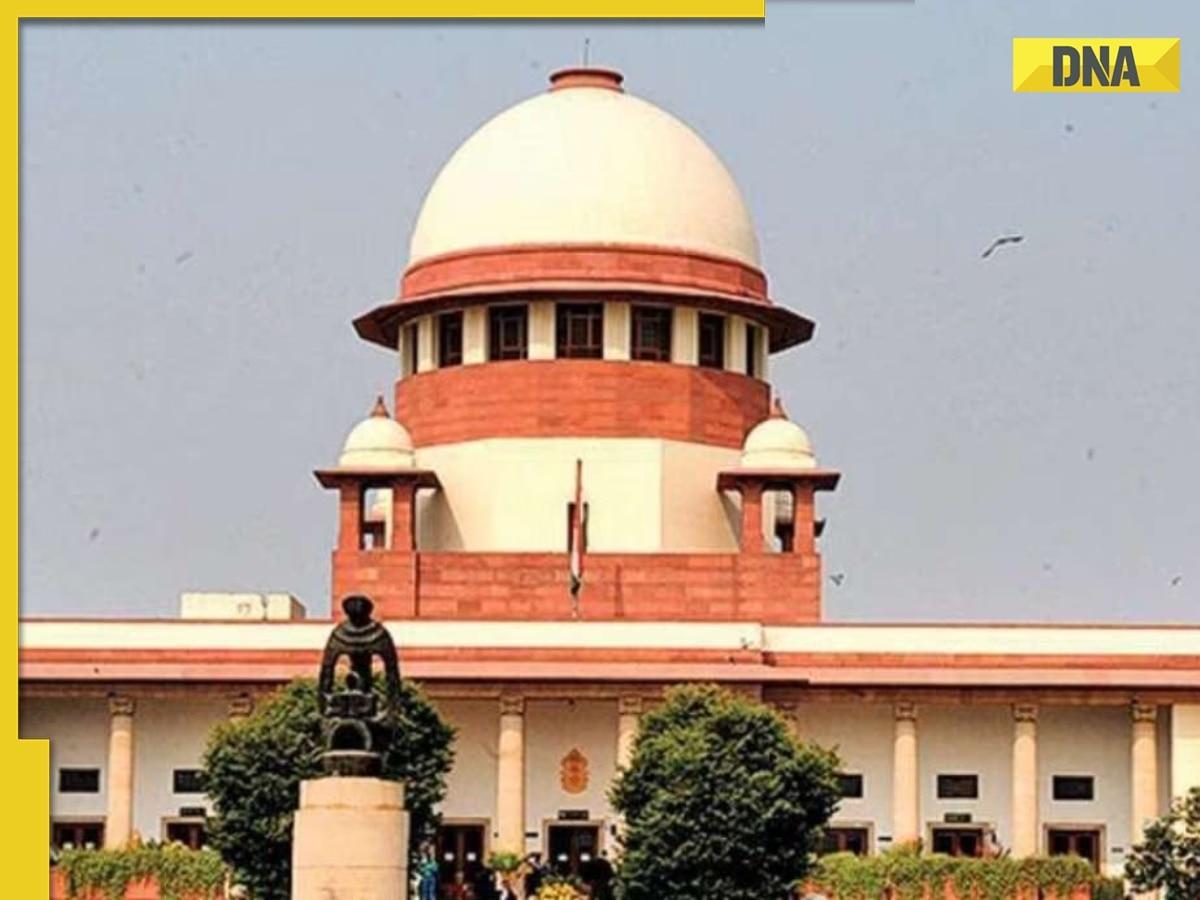
In a significant ruling, the Supreme Court has dismissed a group of petitions calling for a review of its December 11, 2023, verdict. The court had previously upheld the Centre’s decision to revoke provisions of Article 370, which had accorded special status to the former state of Jammu and Kashmir.
The five-judge bench, headed by Chief Justice DY Chandrachud, analyzed the review pleas in chambers before making their decision. Joining the Chief Justice were Justices Sanjiv Khanna, B R Gavai, Surya Kant, and A S Bopanna. After careful consideration, they dismissed the applications requesting that these review petitions be listed in open court. “Having perused the review petitions, there is no error apparent on the face of the record. No case for review under Order XLVII Rule 1 of the Supreme Court Rules 2013. The review petitions are, therefore, dismissed,” read the bench’s order, dated May 1.
The earlier ruling from December 11 last year had not only supported the Centre’s 2019 move to abrogate Article 370 but also mandated the holding of assembly elections in Jammu and Kashmir by the end of September 2023 and the prompt restoration of statehood.
On August 5, 2019, the Government of India took a historic step by revoking the special status of Jammu and Kashmir through a Presidential Order, followed by the passage of a resolution in Parliament. The move was aimed at integrating the region more closely with the rest of the country and bringing uniformity in its governance.
The revocation meant that the unique privileges under Article 370, including the state’s own constitution and autonomy in legislative matters, were annulled. Protesters and critics argued that the decision undermined the constitutional guarantees provided to the state at the time it acceded to India in 1947.
Since the 2019 abrogation, the Jammu and Kashmir region has experienced numerous changes. The erstwhile state was bifurcated into two Union Territories — Jammu and Kashmir, and Ladakh. The transition has seen the central government undertaking various initiatives to promote development and enhance security in the sensitive region.
.
The December 2023 Supreme Court decision that upheld the Centre’s actions was met with mixed reactions. While it was seen as a victory by proponents favoring stronger national integration, it was met with disappointment and protests from various quarters, especially political groups within Jammu and Kashmir. They argued that the abrogation and subsequent court verdict disregarded the historical and political context of the region.
With the review petitions now dismissed, questions regarding the future governance structure and political landscape of Jammu and Kashmir continue to loom. The Supreme Court’s dismissal highlights the finality of its past judgment and underscores the judiciary’s agreement with the central authority’s legislative and executive actions concerning the region.
In the words of the bench, the review pleas did not meet the critical benchmark of possessing an “error apparent on the face of the record” that is necessary for moving forward with a review under Order XLVII Rule 1 of the Supreme Court Rules. This order underscores the comprehensive and detailed nature of the initial judgment and the bench’s conviction in the correctness of their decision.
It’s pertinent to highlight that the December 11 verdict was also a watershed moment that directed the Election Commission of India to ensure that Assembly elections in Jammu and Kashmir, which had been in limbo since 2018, be conducted before the end of September 2023. Additionally, the court called for the restoration of statehood “at the earliest,” underscoring the urgency and importance of democratic processes and governance in the region.
While the Supreme Court’s decision provides some closure on legal fronts, the political and social dynamics in Jammu and Kashmir remain complex. Various political factions, civil society groups, and even ordinary citizens continue to grapple with the implications of the abrogation of Article 370. The central government’s challenge lies in fostering an environment of integration while addressing the region’s unique historical, cultural, and geographical nuances.
The timeline set by the Supreme Court for conducting elections and the restoration of statehood is expected to be a catalyst for political reinvigoration in the region. How effectively these processes are carried out will significantly influence the region’s trajectory in the coming years.
As the dust settles on the legal skirmishes over Article 370, the path ahead will be scrutinized both domestically and internationally, with keen interest in how these judicial and legislative changes impact the longstanding disputes and aspirations of the people of Jammu and Kashmir.












